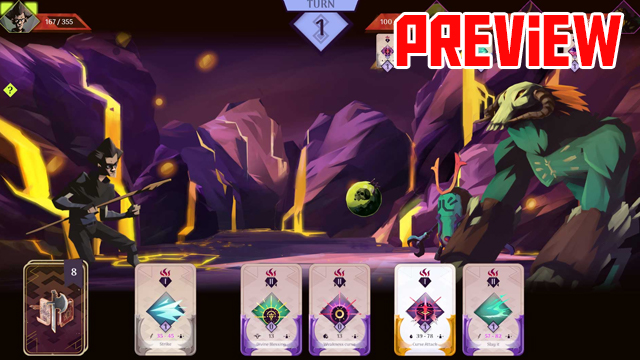One of the key reasons to enjoy roguelikes and their various subgenres is the endless procedural runs they can generate. From Binding of Isaac‘s top-down Zelda dungeons to Slay the Spire‘s card-based battles, there’s seemingly no systems that can’t make for an excellent spin on the genre. At least, that was my belief before playing A Long Way Down.
This debut early access title from Seenapsis Studio…











